Saturday 8th November was the final day of the national Festival of Social Sciences (FoSS), which was supported by the Economic and Social Research Council (ESRC). Many universities across the Uk organised a wide-ranging set of events.  Bournemouth University (BU) organised six events, and on the last day it put up a public-engagement event around its Sonamoni research project at the Royal National Lifeboat Institution (RNLI) building in Poole.
Bournemouth University (BU) organised six events, and on the last day it put up a public-engagement event around its Sonamoni research project at the Royal National Lifeboat Institution (RNLI) building in Poole.  Drowning is the leading cause of death for children aged 6-24 months in Bangladesh, yet it rarely receives the same attention as other global health issues. The Sonamoni project, led by Bournemouth University and the Centre for Injury Prevention and Research, Bangladesh (CIPRB), is an interdisciplinary collaboration with the University of Southampton, the University of the West of England (UWE), the RNLI, and Design Without Borders (DWB) in Uganda.
Drowning is the leading cause of death for children aged 6-24 months in Bangladesh, yet it rarely receives the same attention as other global health issues. The Sonamoni project, led by Bournemouth University and the Centre for Injury Prevention and Research, Bangladesh (CIPRB), is an interdisciplinary collaboration with the University of Southampton, the University of the West of England (UWE), the RNLI, and Design Without Borders (DWB) in Uganda. 
This £1.6m project has been made possible thanks to a grant from the UK’s National Institute for Health & Care Research (NIHR) through its Research and Innovation for Global Health Transformation programme. Sonamoni is in the process of developing practical, community-based solutions to reduce drowning among 6-24 months’ old children.
 The FoSS event at the RNLI earlier this month was presented by BU academics John Powell and Edwin van Teijlingen with a major contribution from BU’s PhD student Md. Shafkat Hossain, whose doctoral studies focuses on the local community’s understanding of, and engagement with, the Human-Centred Design element of the Sonamoni project. Prof. van Teijlingen, from BU’s School of Health & Care, introduced the project and he highligthed the harmony between the different social science disciplines of the members of the international research team as well as the interdisciplinary nature of this collaboration. The FoSS event was prepared and supported by BU’s Yasemin Oksel Ferraris and Claire Fenton.
The FoSS event at the RNLI earlier this month was presented by BU academics John Powell and Edwin van Teijlingen with a major contribution from BU’s PhD student Md. Shafkat Hossain, whose doctoral studies focuses on the local community’s understanding of, and engagement with, the Human-Centred Design element of the Sonamoni project. Prof. van Teijlingen, from BU’s School of Health & Care, introduced the project and he highligthed the harmony between the different social science disciplines of the members of the international research team as well as the interdisciplinary nature of this collaboration. The FoSS event was prepared and supported by BU’s Yasemin Oksel Ferraris and Claire Fenton.
 One of the ideas generated by the Sonamoni project, which involves local community involvement at all stages of the study, is a low cost playpen to keep young children save. John Powell MBE outlined the Human-Centred Design process and the eight potential solutions it generated.
One of the ideas generated by the Sonamoni project, which involves local community involvement at all stages of the study, is a low cost playpen to keep young children save. John Powell MBE outlined the Human-Centred Design process and the eight potential solutions it generated. 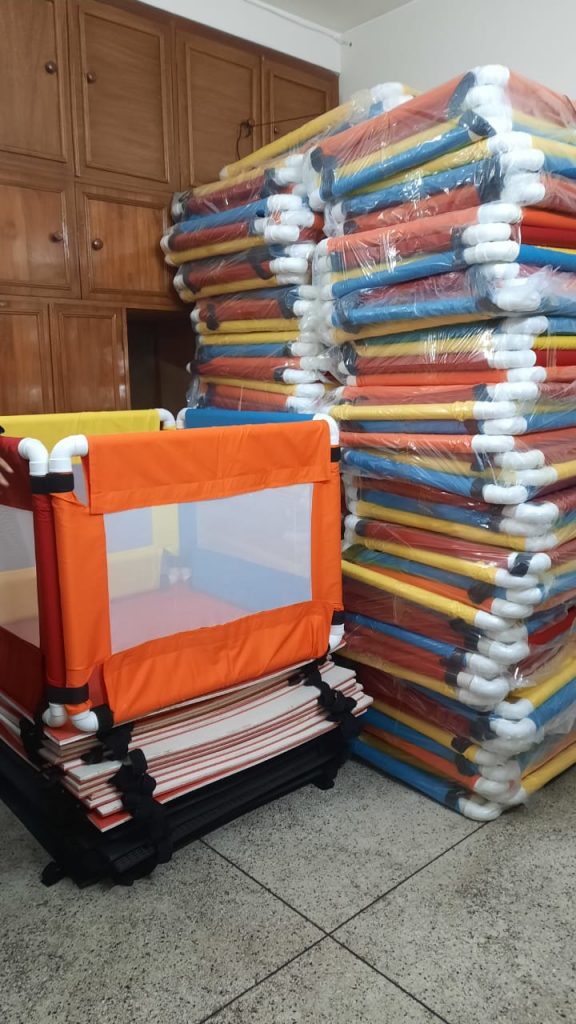 The FoSS event on the Saturday morning focused particulary on the design stages of the playpen, from concept to a model that could be tested in the field in rural Bangladesh. The colourful first batch of playpens in the photo are ready to be taken to families to be tested in the two field sites. The audience of the FoSS event was particularly interested ways the researchers in Bangladesh managed to get and keep the community involved in this very applied research.
The FoSS event on the Saturday morning focused particulary on the design stages of the playpen, from concept to a model that could be tested in the field in rural Bangladesh. The colourful first batch of playpens in the photo are ready to be taken to families to be tested in the two field sites. The audience of the FoSS event was particularly interested ways the researchers in Bangladesh managed to get and keep the community involved in this very applied research.
Prof. Edwin van Teijlingen
Centre for Midwifery and Women’s Health
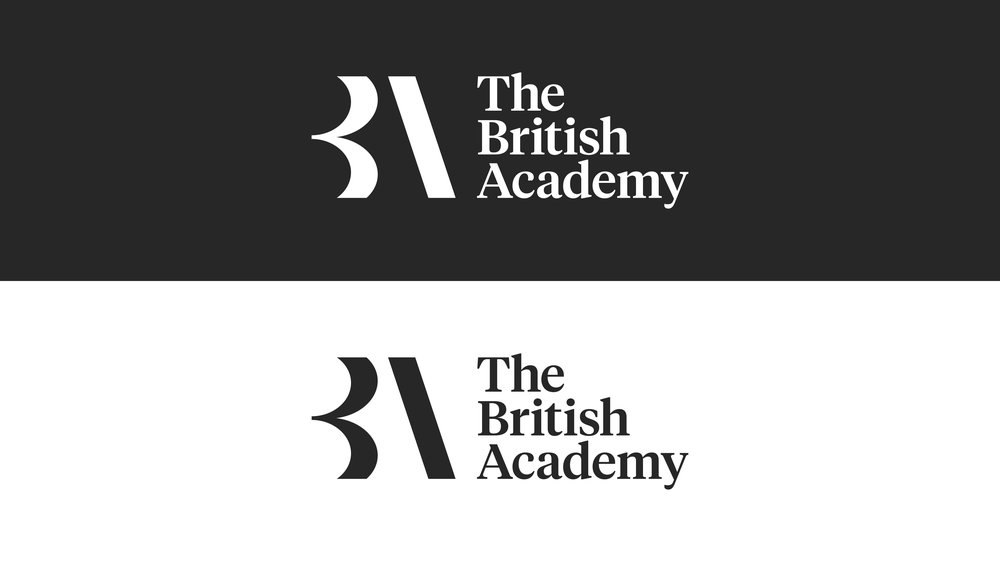

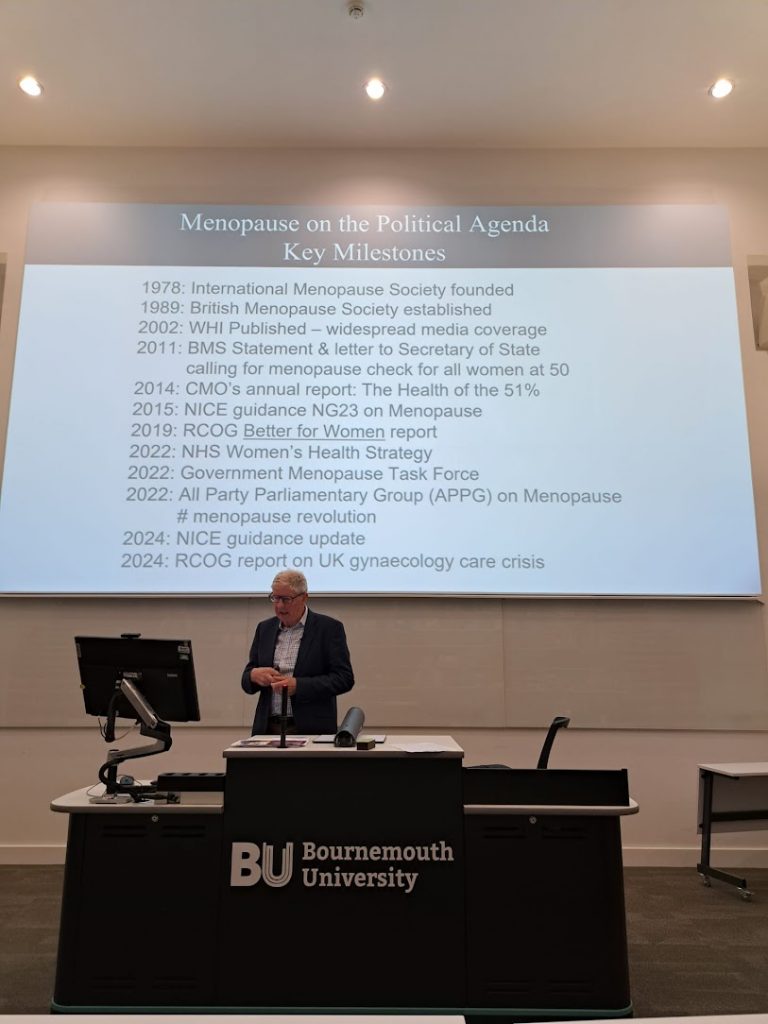
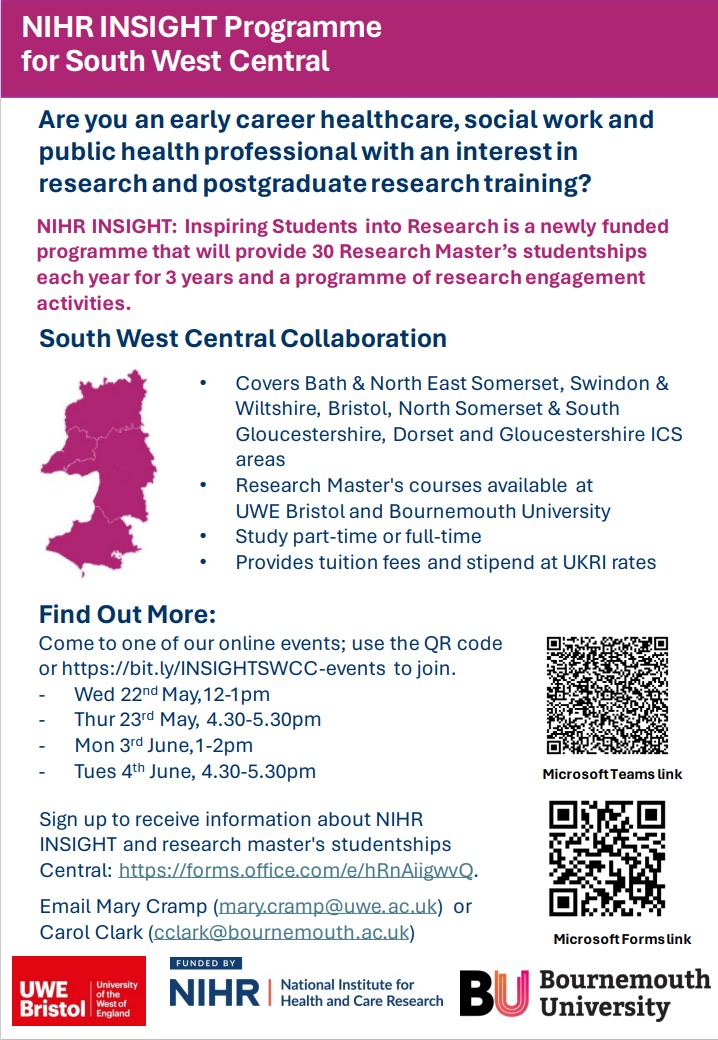
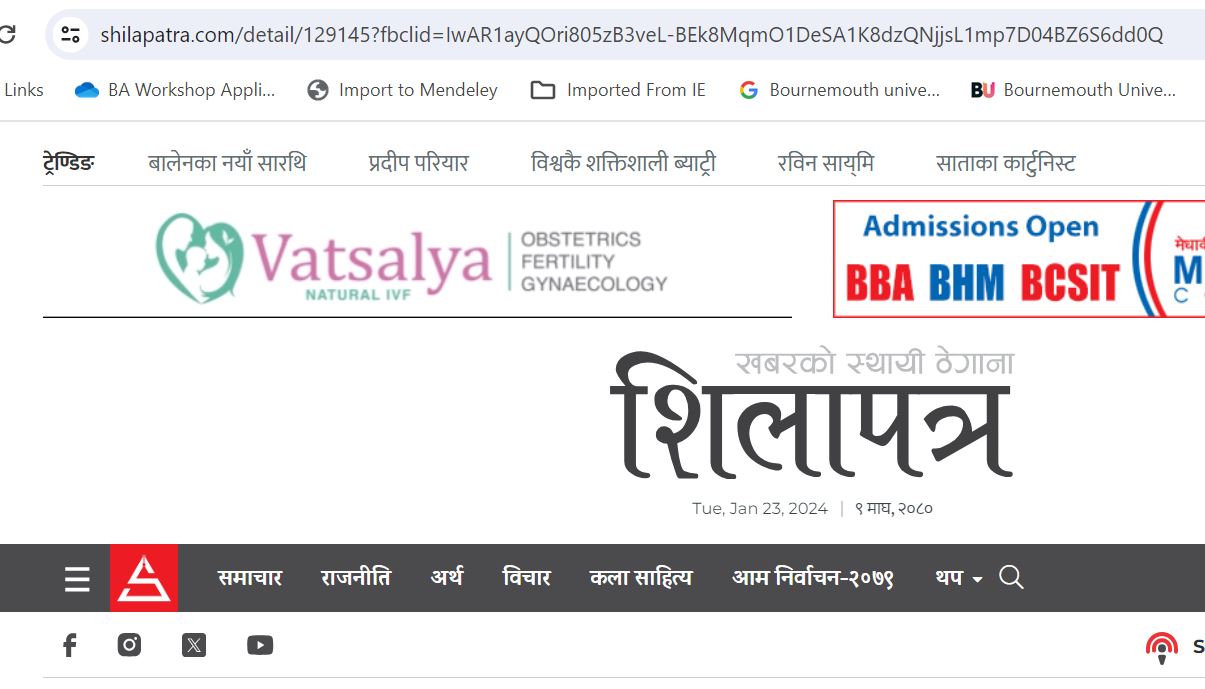
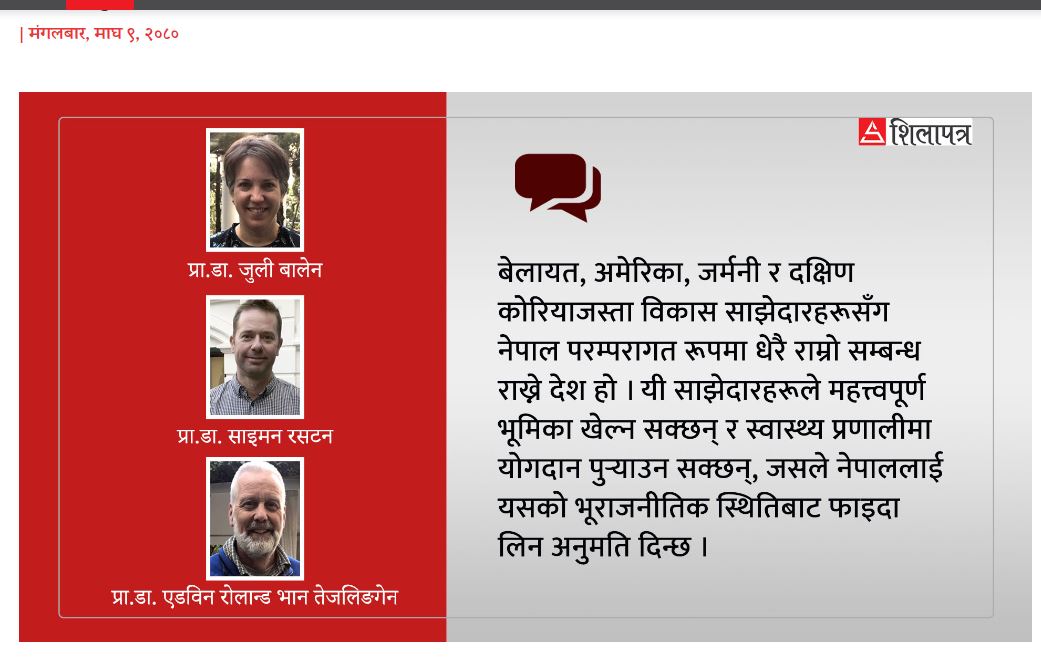


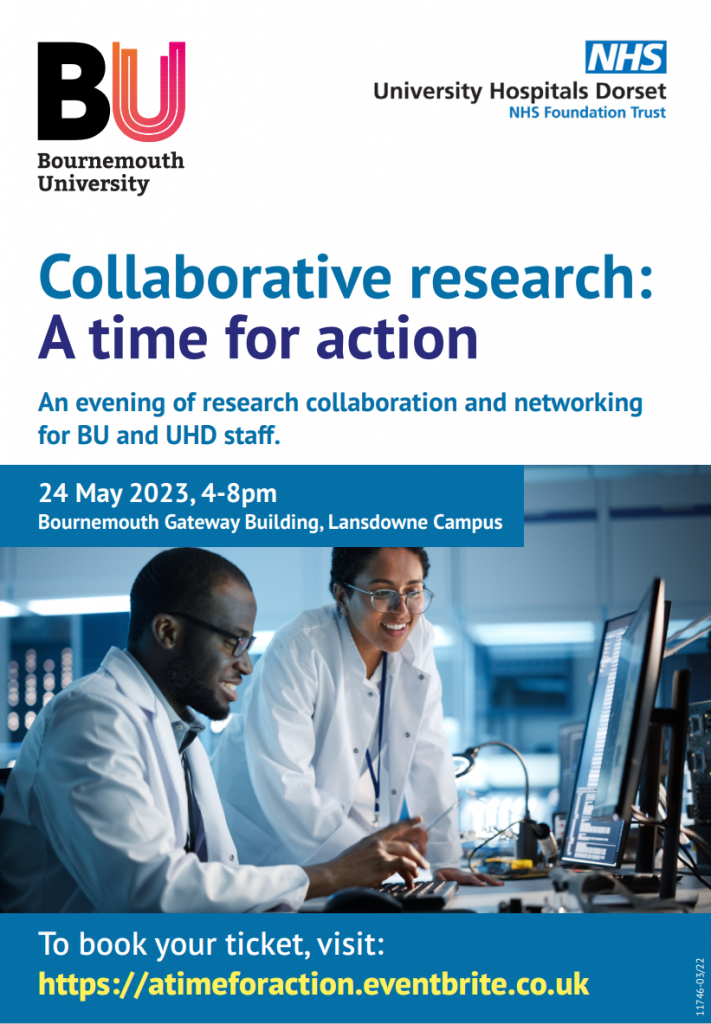












 Beyond Academia: Exploring Career Options for Early Career Researchers – Online Workshop
Beyond Academia: Exploring Career Options for Early Career Researchers – Online Workshop UKCGE Recognised Research Supervision Programme: Deadline Approaching
UKCGE Recognised Research Supervision Programme: Deadline Approaching SPROUT: From Sustainable Research to Sustainable Research Lives
SPROUT: From Sustainable Research to Sustainable Research Lives BRIAN upgrade and new look
BRIAN upgrade and new look Seeing the fruits of your labour in Bangladesh
Seeing the fruits of your labour in Bangladesh ECR Funding Open Call: Research Culture & Community Grant – Apply now
ECR Funding Open Call: Research Culture & Community Grant – Apply now ECR Funding Open Call: Research Culture & Community Grant – Application Deadline Friday 12 December
ECR Funding Open Call: Research Culture & Community Grant – Application Deadline Friday 12 December MSCA Postdoctoral Fellowships 2025 Call
MSCA Postdoctoral Fellowships 2025 Call ERC Advanced Grant 2025 Webinar
ERC Advanced Grant 2025 Webinar Update on UKRO services
Update on UKRO services European research project exploring use of ‘virtual twins’ to better manage metabolic associated fatty liver disease
European research project exploring use of ‘virtual twins’ to better manage metabolic associated fatty liver disease